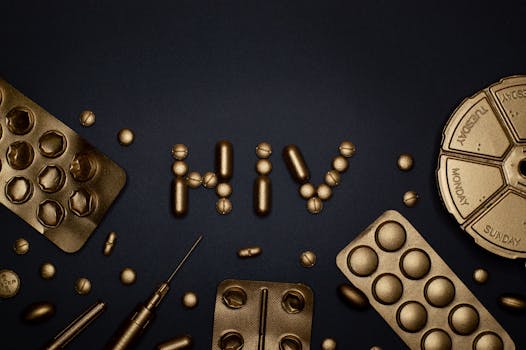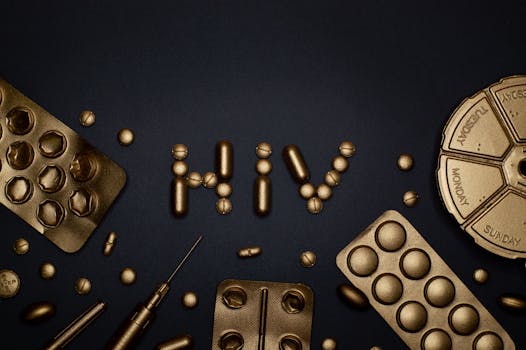
The Science Behind Vaccines and Public Health
The science behind vaccines is a crucial aspect of public health, saving millions of lives and preventing the spread of diseases. Vaccines have been instrumental in controlling and eliminating many infectious diseases, and their importance cannot be overstated. In this article, we will explore the history of vaccines, the different types of vaccines, and their impact on global health.
History of Vaccines

The concept of vaccination has been around for centuries, with the first recorded use of vaccines dating back to ancient China. However, it wasn’t until the late 18th century that the first modern vaccine was developed by Edward Jenner. Jenner’s vaccine against smallpox revolutionized the field of medicine and paved the way for the development of vaccines against other diseases.
Over the years, vaccines have been developed against a wide range of diseases, including influenza, polio, measles, and many others. The development of vaccines has been a continuous process, with new technologies and techniques being developed to improve the efficacy and safety of vaccines.
Types of Vaccines

There are several types of vaccines, each with its own unique characteristics and advantages. The main types of vaccines include:
- Inactivated vaccines: These vaccines contain killed or inactivated pathogens, which cannot cause the disease but still stimulate an immune response.
- Live, attenuated vaccines: These vaccines contain weakened or attenuated pathogens, which can cause a mild form of the disease but still provide immunity.
- Conjugate vaccines: These vaccines combine a weakened pathogen with a carrier protein to enhance the immune response.
- Subunit vaccines: These vaccines contain only specific components of a pathogen, such as proteins or sugars, rather than the entire microorganism.
Each type of vaccine has its own advantages and disadvantages, and the choice of vaccine depends on the specific disease being targeted and the population being vaccinated.
Benefits of Vaccines

The benefits of vaccines are numerous and well-documented. Vaccines have been instrumental in:
- Preventing the spread of diseases: Vaccines can prevent the spread of infectious diseases, protecting not only the individual who is vaccinated but also the wider community.
- Saving lives: Vaccines have been estimated to save millions of lives each year, particularly in developing countries where access to healthcare is limited.
- Reducing morbidity: Vaccines can reduce the severity and duration of illness, reducing the burden on healthcare systems and improving quality of life.
- Increasing herd immunity: When a sufficient percentage of a population is vaccinated, it can prevent the spread of disease and protect those who are not vaccinated, such as individuals with weakened immune systems.
In addition to these benefits, vaccines have also been shown to have a positive impact on the economy, reducing the costs associated with healthcare and lost productivity.
Impact on Global Health

The impact of vaccines on global health has been profound. Vaccines have been instrumental in:
- Controlling and eliminating diseases: Vaccines have been used to control and eliminate many infectious diseases, including smallpox, polio, and measles.
- Reducing child mortality: Vaccines have been estimated to have reduced child mortality by up to 90% in some countries.
- Improving global health security: Vaccines have improved global health security by reducing the risk of pandemics and outbreaks.
- Supporting economic development: Vaccines have supported economic development by reducing the burden of disease and improving productivity.
In conclusion, the science behind vaccines is a crucial aspect of public health, and their impact on global health has been profound. As we continue to develop new vaccines and improve existing ones, it is essential that we prioritize vaccine research and development to address the ongoing challenges posed by infectious diseases.
Conclusion

In conclusion, The science behind vaccines and public health is a vital aspect of modern medicine, and their importance cannot be overstated. By understanding the history, types, and benefits of vaccines, as well as their impact on global health, we can appreciate the critical role that vaccines play in protecting public health and preventing the spread of diseases.





